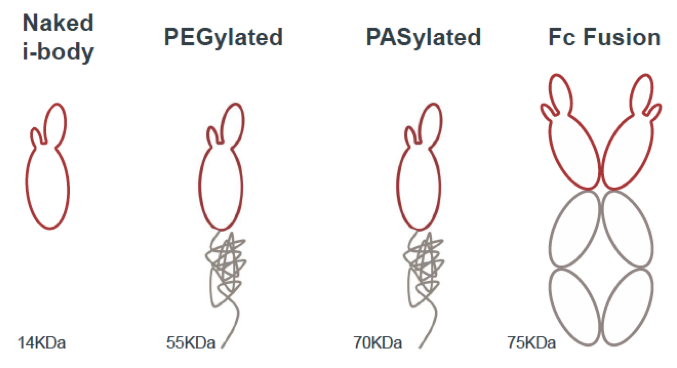
There has been considerable early-stage deal activity in the Idiopathic Pulmonary Fibrosis (IPF) space over the past few days, demonstrating the significant pharma interest in the area and boding well for AdAlta, which is soon to commence its Phase 1 human trials for its lead drug to treat the lethal lung disease Idiopathic Pulmonary Fibrosis (IPF).
On July 18 global pharma group, Boehringer Ingelheim announced it had licensed a Phase 1 IPF drug from Korean biotech firm, Bridge Biotherapeutics, for a near-term payment of EU45 million and up to EU1.1 billion in milestone payments. The deal follows Bridge Biotherapeutics announcement of positive interim pharmacokinetic and safety results from the first part of its Phase 1 study in May 2019.
Meanwhile, shares in Belgo-Dutch pharmaceutical research company, Galapagos (AMS: GLPG) reached an all-time high this week after it announced on July 14 that American biotech giant, Gilead (NASDAQ: GILD) will invest US$5.1 billion to raise its stake in the company to 22 per cent and partner with Galapagos develop and commercialise its treatments for a ten-year period, including its late-stage drugs for IPF.
Gilead is providing a US$3.95 billion upfront payment and a US$1.1 billion equity investment. The company will receive an exclusive license and options rights to develop and commercialise all of Galapagos’ current and future programs in all countries outside of Europe. This includes rights to Galapagos’ late-stage candidates, GLPG1690 and GLPG1205 which are currently in a Phase 3 and Phase 2 clinical studies for the treatment of IPF, respectively.
On July 1, biopharmaceutical company, Morphic Holding (NASDAQ: MORF) announced the closing of its initial public offering (IPO) following a capital raising of US$103.5 million. Morphic is focused on discovering and developing integrin therapeutics for the treatment of IPF. The successful IPO follows Morphic and pharma giant, Abbvie (NYSE: ABBV) completing a research and development collaboration designed to advance a number of Morphic’s therapeutics for fibrosis-related indications in October 2018. Morphic received an upfront payment of US$100 million for exclusive license options on product candidates directed at multiple targets.
This strong momentum is very promising for AdAlta as the company heads to Phase 1 human trials for its lead IPF drug candidate, AD-214 in January. IPF sadly remains a debilitating and fatal condition for which there is no cure – current treatments only slow the progression of the disease.
Also promising is a number of transactions with G-protein coupled receptor (GPCR) platforms over the past week.
GPCRs are a type of drug target, and AdAlta’s AD-214 binds to the GPCR, CXCR4. The company’s i-body, with its long loop also has greater access and high specificity for these types of drug targets and provides an opportunity to selectively modulate and drug these previously undruggable targets.
Researchers estimate that between one-third and one-half of all marketed drugs act by binding to GPCRs with 25% of the top 200 selling pharmaceuticals targeting GPCRs, and that has made them a big target for drug developers.
On July 16, Sosei Heptares inked a new deal with Roche’s (SWX: ROG) biologics unit, Genentech for a total of US$1 billion. Under the deal, the pair will seek to work on new meds that modulate GPCR targets “across a range of diseases.”
As well as its upcoming Phase 1 trial, AdAlta is also in advanced business development negotiations with potential partners for its i-body platform and is looking to complete 1-2 partnering transactions within the next six months.
These deals and an interest in the space AdAlta is working in, with AD-214 for the treatment of IPF and more broadly its i-body technology for partnering, demonstrate the significant pharma interest and potential opportunities for AdAlta.






